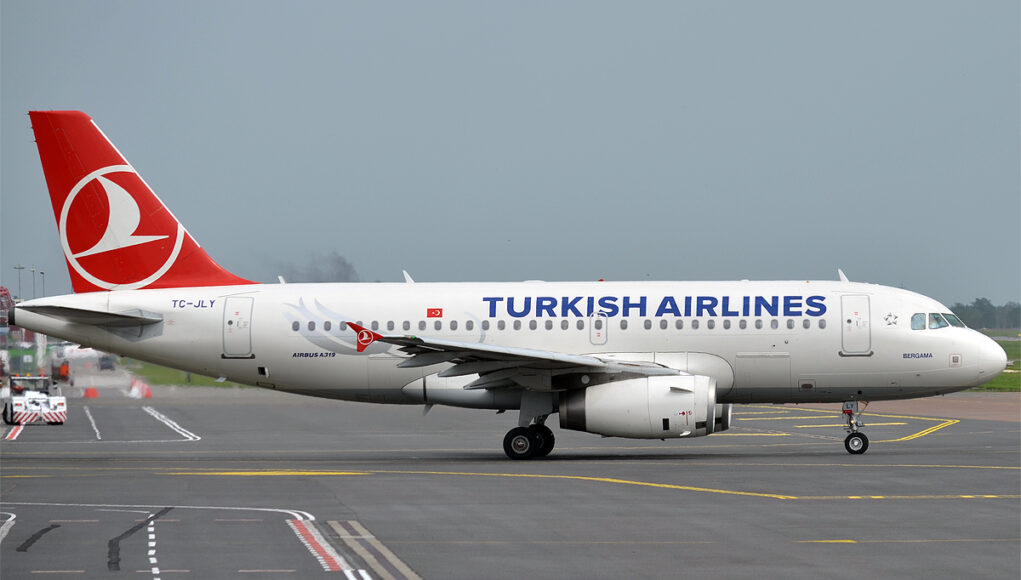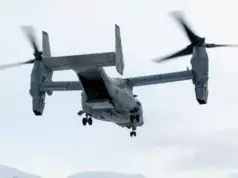A Turkish Airlines pilot, Captain Ilcehin Pehlivan, 59, has tragically died after becoming ill during a flight from Seattle, USA, to Istanbul, Turkey.
The incident occurred mid-air, prompting an emergency landing in New York, as confirmed by an airline spokesperson on social media platform X.
BBC reported on Wednesday that the flight, designated TK204, had taken off from Seattle shortly after 19:00 Pacific Time on Tuesday evening. Captain Pehlivan reportedly fell ill over the Canadian territory of Nunavut, leading the co-pilot and second pilot to take over control of the aircraft.
“When first aid to our captain on the plane was unsuccessful, the cockpit crew… decided to make an emergency landing, but he died before landing,” said Yahya Ustun, a spokesperson for Turkish Airlines.
The Airbus A350 made an emergency landing at John F. Kennedy Airport in New York, around eight hours after departing from Seattle. Arrangements were subsequently made to fly the passengers onwards to Turkey.
Captain Pehlivan had been with Turkish Airlines since 2007 and had recently undergone a routine health check in March, which found no issues that could affect his ability to perform his duties, according to the airline. The cause of his death has not yet been disclosed.
The Turkish Air Traffic Controllers’ Association (TATCA) paid tribute to Captain Pehlivan, saying he had “served the aviation community for many years” and extended its condolences to his family, friends, and colleagues.
Pilots are subject to regular medical exams, with those over the age of 40 required to renew their medical certificates every six months to ensure they remain fit for duty.
This incident echoes a similar event in 2015 when a 57-year-old American Airlines pilot died mid-flight from Phoenix to Boston, leading to an emergency landing in Syracuse by the first officer.
Currently, aviation regulations mandate that two pilots remain in the cockpit of large commercial aircraft at all times.
However, technological advancements are being developed in Europe to enable single-pilot operations during certain phases of a flight, such as cruising.
This would allow other cockpit crew members to rest, but safety measures would need to be in place to address situations where a pilot becomes incapacitated.
BBC added that the European Cockpit Association and other pilot groups have raised concerns about reducing cockpit staff, arguing that it could compromise the safety of passengers and crew on board.










